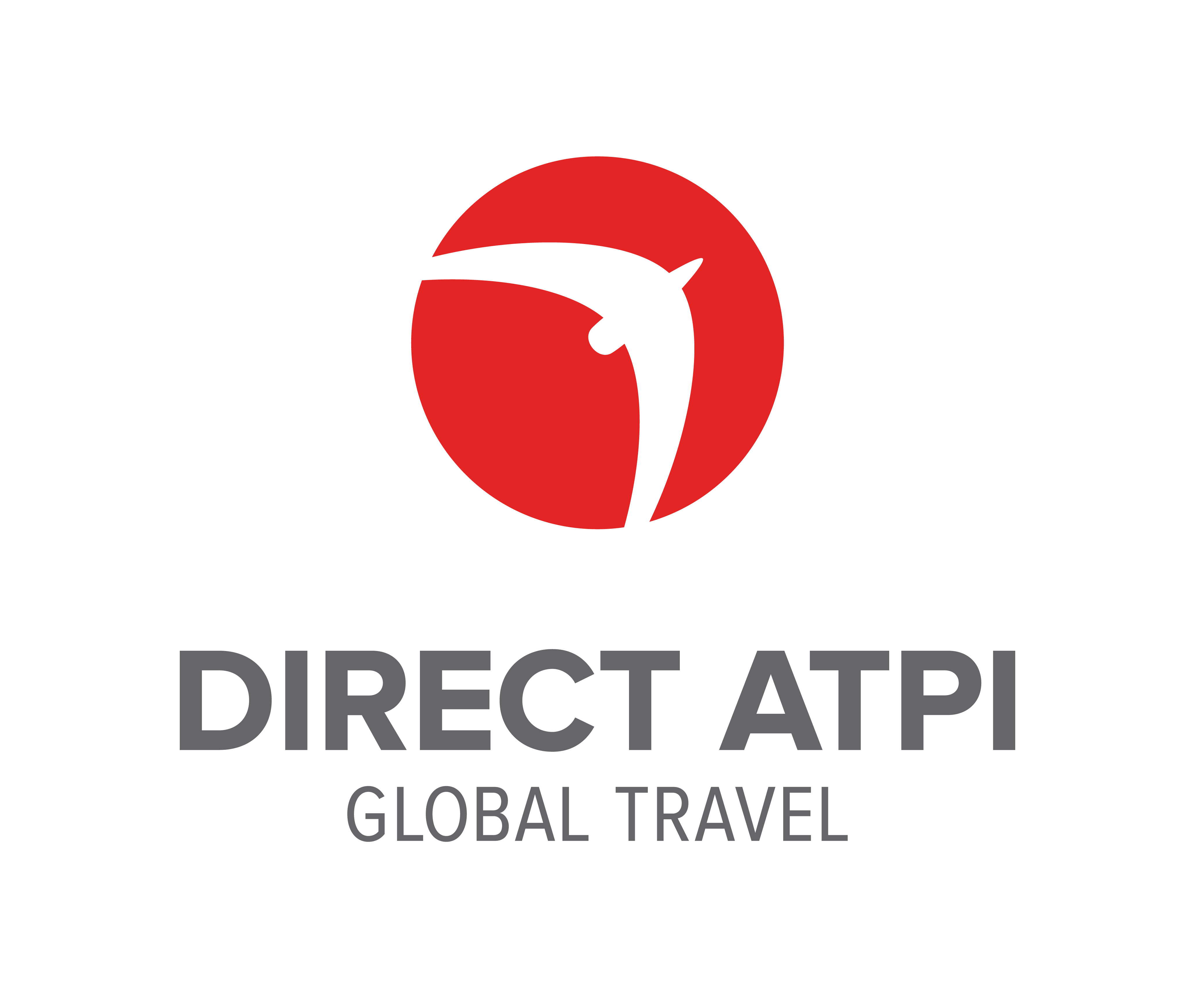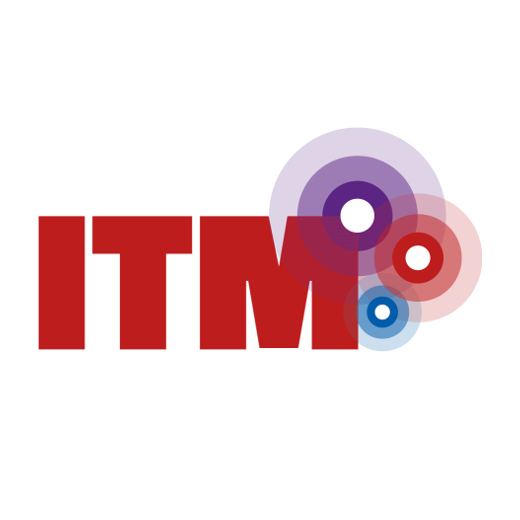Exploring the Top Predictions for Business Travel in 2023

Collins Dictionary Word of the Year 2022 was ‘permacrisis’, defined as an extended period of instability and insecurity. The themes of last year were very much characterised by this term, with the political upheaval and energy crises caused by the war in Ukraine continuing to influence the global business travel industry.
While no reports could have foreseen these events, predictions of widespread price hikes, shortages of staff, and travel disruptions due to supply failing to meet demand post-COVID came true in 2022. This year we will see similar challenges occur along with a highly likely global recession as the performance of the world economy declines.
Business travel managers will have an even more central role to play in their organisation this year, due to an increased focus on the optimisation and streamlining of travel operations which can benefit both employees and employers navigating these uncertain times.
The team at Mobilleo have compiled a list of key trends in business travel for you to look out for in 2023.
Inflation will continue to restrict travel budgets
Inflationary pressure on energy and fuel will cause the cost of business travel to increase this year. In the UK, the Consumer Price Index (CPI) rose to 10.7% in the last 12 months to November 2022. The October 2022 figure was the highest since the National Statistics Series was created in 1997. The annual inflation rate for transport reduced to 7.6% after its peak of 15.2% in June 2022, driven by motor fuel prices stabilising, yet still much higher than pre-2021 levels.
Internationally, the Global Business Travel Association (GBTA) and CWT released a report stating airfares and hotel fares would increase by 8.5% and 8.2% respectively in 2023. Depending on the location, hotels could face up to a 15% increase in the first two quarters of this year due to staff shortages, higher wages required, and costly energy bills.
It is widely predicted that the excessive inflation will lead to a recession in 2023. The Bank of England’s Monetary Policy Committee (MPC) voted to increase the bank rate to 3% in December 2022 according to its latest report, due to a negative contribution from energy prices, an increasing amount of economic slack, and a rising unemployment rate. The World Bank have also noted the stalling of the global economy due to significant economic downturns in the Eurozone, China, and the US.
For the UK specifically, the recession is predicted to be longstanding. The consensus of 101 economists in a 2022 Financial Times poll was that the inflationary shock caused by the war in Ukraine and the pandemic will persist in the UK longer than other G7 nations, with the result being falling household incomes due to higher borrowing costs.
For business travel, this means that the bottom line will be impacted and this will be seen in travel budgets for the coming year. An October 2022 poll by the GBTA explained that almost a quarter of European companies will look to decrease business travel this year due to financial concerns.
In a December 2022 survey of travel buyers, the Institute of Travel Management (ITM) reported that 60% of buyers predicted that the present economic situation and the cost of travel would have a negative effect on their volumes of travel in 2023.
This data suggests that businesses can benefit by taking fewer trips that are more cost efficient, for example travelling to Dublin to visit another company office, having a client meeting, and then visiting a conference within the same trip.
There will be increasing demand in a supply limited market
As a travel manager, the business’ relationship with suppliers of travel services, such as airlines, hotels, and car rental companies will continue to be central this year. This includes negotiating contracts and discounts and monitoring supplier performance.
We will see similar trends of staff shortages, price increases, and a greater level of negotiation required when dealing with suppliers. Reports have said that some tourism companies are hesitant to provide pricing for holidays this year due to suppliers being reluctant to commit to costs in advance.
Travel managers will need to gain greater access to the best rates and dynamic offerings on the market, as relying on the same suppliers alone in a supply limited market will not satisfy the needs of colleagues.
Trusting business travel companies with long-standing supplier relationships will be crucial to ensure that your organisation receives the best quotes. Business travel technology applications such as Mobilleo go one step ahead in combining a long-standing, trusted supplier network with APIs that crawl the web to give you the best possible rates available from thousands of global suppliers.
The climate emergency will continue to change business travel habits
Business travel has a key role to play in reducing carbon emissions. In today’s global economy, business travel is a necessary part of doing business. However, the environmental impact of transportation associated with business trips is significant. In 2023, it will be essential to explore ways to reduce carbon emissions from business travel to reduce the environmental impact of these trips.
The results of climate change could be seen recently in the devastating floods in Pakistan from June to October 2022. More unusual weather events were seen in the Summer heatwaves across Europe that resulted in thousands of casualties in the UK, France, Spain, and Germany, according to Reuters.
A report by Reuters stated that 12% of airline customers in Europe are business travellers and yet they are responsible for 30% of overall carbon emissions. Air travel continues to be the main source of emissions in the business travel sector. Alternatives to jet fuel are being explored in the form of hydrogen-powered aircraft within Government-funded projects, for example the Project HEART consortium.
Projects like this will be realised from 2024, and in the mean-time businesses are likely to focus on low-cost, sustainable travel options such as electric vehicles or trains for cross-city commuting and micromobility or active travel for urban commuting.
Sustainable and low-cost travel options will help organisations to hit emission targets along with saving on travel expenditure. Business travel overall will change in terms of the company ensuring that travel, if necessary, has a positive ROI and the composition of trips are made efficient and more sustainable. Technology can help businesses in achieving these goals.
Travel management companies are one option for companies that need to outsource their business travel requirements, but some travel buyers feel they lack transparency when it comes to CO2 reporting. In terms of sustainability, online booking tools (OBT) fall short in their inclusion of carbon budgets and carbon emissions at the point of sale, with 75% of business travel buyers stating they were unhappy with the lack of visibility in their data in a BTN Europe poll.
Another challenge with using TMCs is that their products come with a high price point, which can be disappointing when the data, travel modes, and carbon emissions reporting is lacking. If companies choose to manage their own business travel instead, CO2 can be rendered almost invisible due to employees paying for travel and then reclaiming on expenses, making it an administrative headache to track.
MaaS solutions like Mobilleo differ by connecting users to electric vehicle hire, bus, train and micromobility options such as electric bikes and scooters. Carbon emission data can be viewed all in one platform with no need to look at different travel providers to calculate the total emissions of each trip. The application also encourages micromobility and active travel options for the first and last mile of each journey ensuring that your business trip is sustainable from A to B.
Being able to track the journey emissions in a transparent manner can also bring benefits to businesses in terms of reporting requirements. As of January 2023, the International Sustainability Standards Board (ISSB) announced that companies must report their Scope 1, 2 and 3 greenhouse gas emissions as part of the Climate-related Disclosures Standard (S2).
Scope 3 involves transport services and business travel which are notoriously difficult to track. Using Mobility-as-a-Service technology like Mobilleo means that particularly for business travel, the organisation can see the end-to-end journey along with the different modes used with CO2 information, simplifying data reporting and collection.
Technology will continue to develop at a rapid pace
In 2023, travel managers will need to continue to understand the geographic areas in which they operate, be able to manage risk where needed, and select the most cost-effective routes and options for each journey. Tech solutions with agile capabilities, long-standing supplier networks, data security, and customer support will be able to make this easier to achieve.
Experts predict that more tech start-ups will enter the mobility market this year and will focus on making aspects of business travel digitalised. However, the risk of acquisition is high as many will struggle to build the supplier connections required to make their proposition meaningful to small, medium, and large organisations who want to digitalise travel management.
Due to ongoing staff shortages and the impending recession Travel management companies (TMCs) may look to technology to replace human skills without truly understanding how best to apply that technology.
The majority of TMC customers report being unfulfilled by the capabilities of their point-of-sale platform. Most of these platforms use a Global Distribution System (GDS) and an Online Booking Tool (OBT) to display travel modes. A BTN Europe report found that OBTs were the leading concern for travel buyers, rising from fifth to first position over the last year. 40% of travel buyers felt that the OBT offered could not support the level of flexibility and personalisation required, such as integrated travel mode displays, management of booking changes and disruptions, and inclusion of travel policies.
The hybrid working model is here to stay
COVID caused havoc on all elements of how we move in our daily lives, office working stalled in favour of home working, and conferences, events, and business meetings moved to video conferencing. As we’ve seen COVID figures lift and new variant Omicron having a less severe impact on sufferers, we have moved from the pandemic to the endemic stage of the virus where it is likely to recur throughout the year of 2023.
Recent interviews by Imperial College London amongst scientists are largely positive but there is no guarantee that new variants will not pose a threat to travel in the future. Equally, the effect of government strategy can cause pockets of severe outbreaks that impact business travel, as we have recently seen in China.
Most organisations have favoured the hybrid model since the pandemic. Hybrid working is the most popular working model in the UK, research conducted by CIPD has shown that more than three-quarters of organisations utilise this model. Recent headlines have shown some companies instructing colleagues to come back to full-time office work such as Disney, but the general feeling is that the majority of employers (68%) don’t plan to make changes to the hybrid working model.
This year, there will be a focus on how to make in-office days, business trips, meetings, events, and conferences more worthwhile for employees and for the company itself. Companies will be able to leverage the advantages of business travel such as the ability to build relationships with clients, attend meetings and conferences, and learn new skills and ideas. With more people feeling comfortable with travelling, businesses will be able to expand their operations to other countries and establish new partnerships.
Take your business travel to the next level in 2023 with Mobilleo
With the climate emergency and hybrid working models changing the way that organisations travel, it’s essential for businesses to access the most cost-effective and sustainable travel options.
Mobilleo is leading the way in this space by connecting users to thousands of travel options across vehicle rental, flights, buses, trains, car sharing, micromobility and more. The system can display travel options according to the company’s travel policy with different levels of authorisation as and when required. Mobilleo is revolutionising the way business travel is managed, offering a cost-effective and sustainable solution to overcome the challenges of the future.
Mobilleo is the go-to platform for businesses looking to manage their travel needs with its robust supplier network, emissions tracking capabilities and easy to use app. As the world continues to face increasing economic and environmental pressures, Mobilleo provides a reliable and sustainable solution for the future of business travel.



)
)
)
)
)
)
)
)
)
)
)
)
)
)
)
)
)
)
)
)
)











